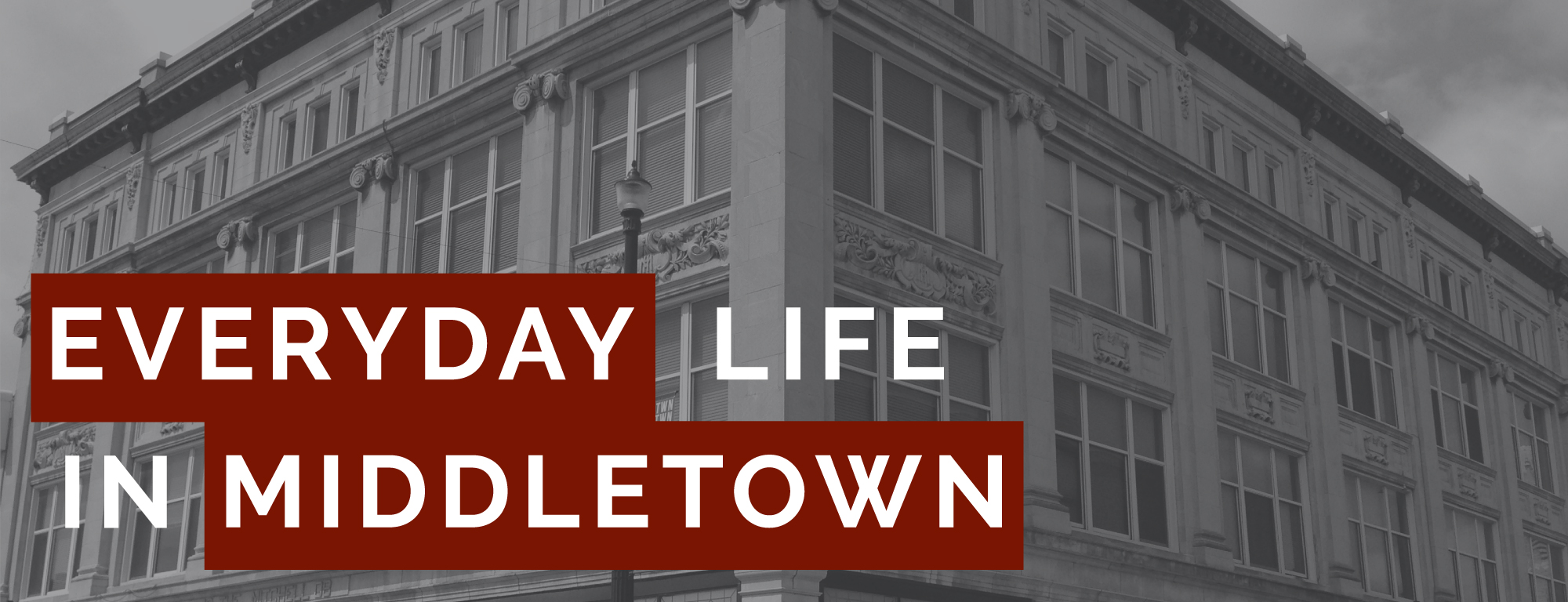Even though it’s the middle of summer, we at EDLM have work on our minds. Work makes up so much of our everyday lives. Indeed, when we run basic analytics on our archive of diaries and other accounts of daily life, “work” is one of the two words our writers use most. (Suggestively, “time” is the other.)
In these waning days of the pandemic, we continue to live through the aftermath of its disruption of our work lives. Lockdown gave some of us a new appreciation and an expanded understanding of “essential” work, whether we were performing it or relying on it. Others re-evaluated the demands and costs of work and glimpsed an opening for a new balance in the future. And businesses and city governments are now coping with office building vacancies resulting from the appetite for remote work arrangements, stimulated by the months of lockdown in 2020.
For workers fortunate to have the option, the new prevalence of working from home constitutes a significant re-arrangement of the fundamentals of daily life. After the industrial revolution, working for pay outside the home gradually became the norm, as factories, offices, and more and more commercial locations drew workers away from farms and household industry. People living through today’s change are seeing the erosion of a corresponding psychological barrier between work and home that has been around for a couple hundred years.
So, yes, work has been on our minds at EDLM. A few weeks ago, we sent a directive to our contributors asking them some questions about work. We wanted to know how they define work—how (and whether) they differentiate work from other effortful but unpaid activities—exercise, child-care, hobbies. We wanted to know what work feels like and how people feel about it.
We will be posting our writers’ responses on our online archive soon. In the meantime, we offer a few direct quotes from the responses we received.
We’ll leave these here without commentary, urging you to think about what these individual details reveal about the lives we’re living right now.
“I hate how hokey that old chestnut is – ‘Find a job you enjoy doing, and you’ll never work a day in your life.’ – But I really see the wisdom in it. I have so much energy to put into things that I care about, and absolutely zero energy for things that I don’t.” (A23)
“In terms of my daily life, significant household chores such as cleaning, laundry, or minor repairs fall into the same mental category as things I get paid to do by my employer.” (A02)
“i think my definition of work will need to sound more like the latter: any activity in which we expend energy towards a given goal. my definition of work in this sense certainly does not include the idea that work must feel bad and cause suffering, even if minor.” B35
“the work itself does not cause bad feelings or emotional suffering necessarily. those feelings seem to come from the intention and attitude with which it gets done.” ( B35)
“I feel like my life has a good balance of work (duties), hobbies, and free time. Having a positive attitude toward what you’re spending your time on also shapes what’s work and what is not.” (A15)
“Much of the work I’ve done as an adult has been unpaid – housekeeping, childcare, volunteer activity so I consider both paid and unpaid activities to be work.” (J88)

